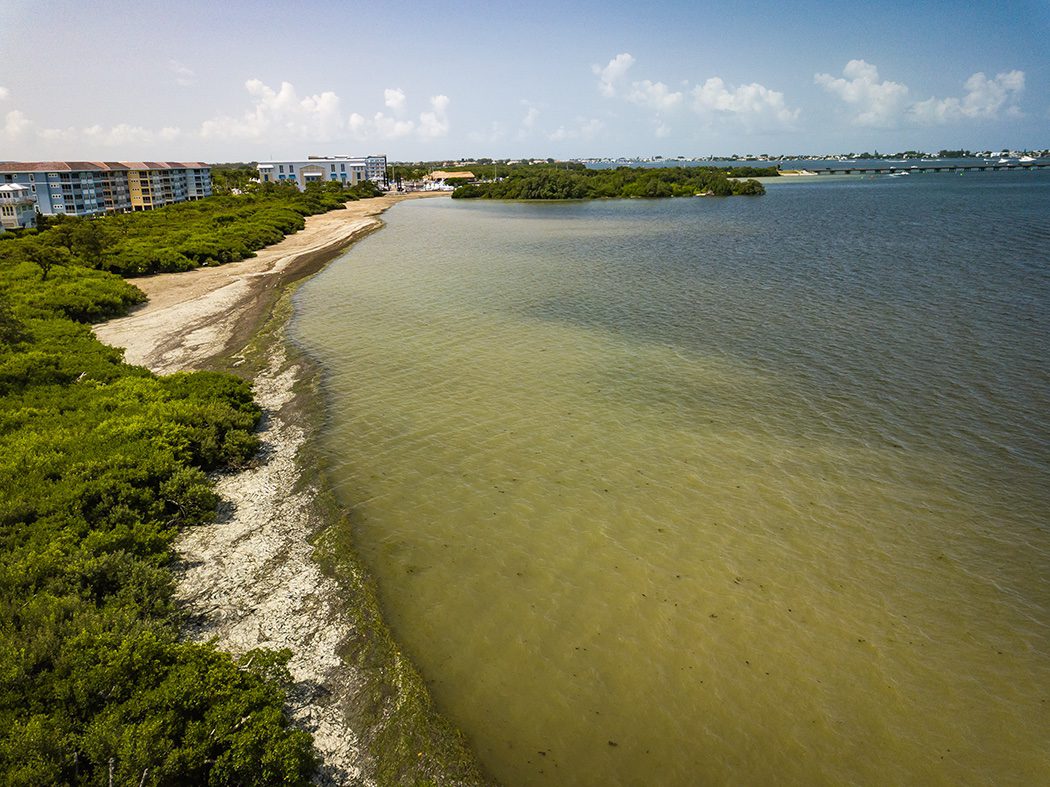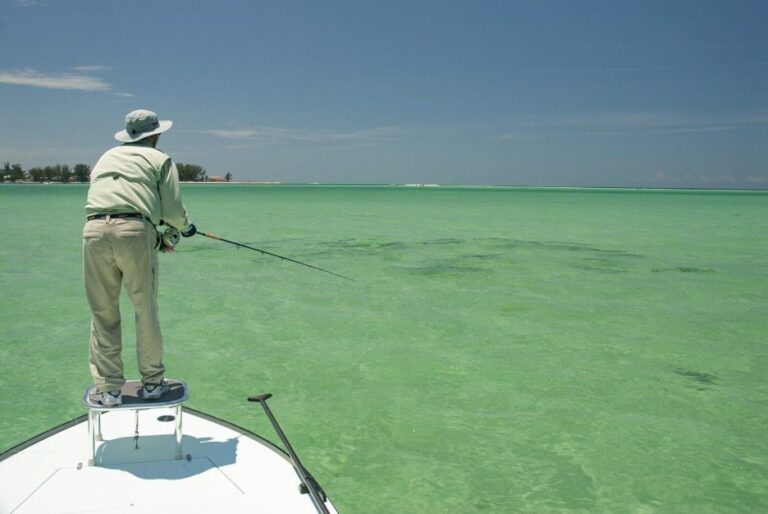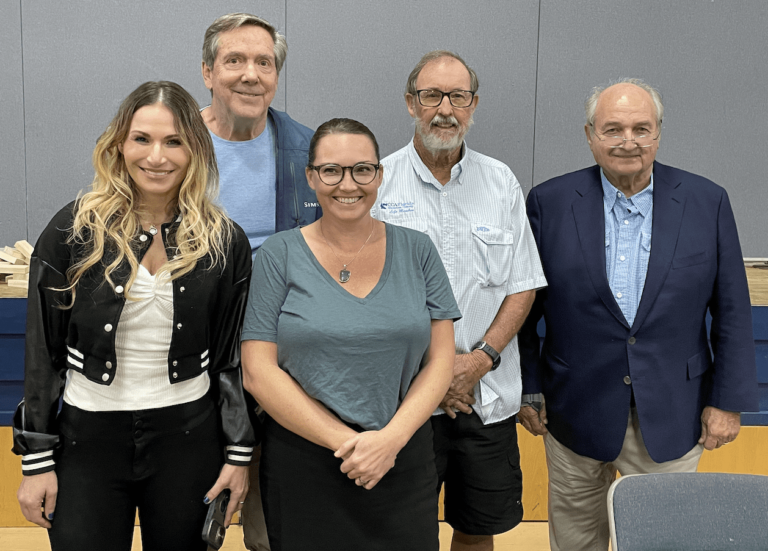By Rusty Chinnis
At a time when the need to move water quality issues in a positive direction should be crystal clear, decision-makers (and, by default, the citizens who elected them) are weakening protections that are the basis of the region’s economy. After several years of record harmful algae blooms (red tide, lyngbya, blue-green algae) and the unprecedented mega release of toxic effluent from the Piney Point disaster, it’s almost unbelievable that newly enacted state laws are making it harder to protect critical waters.
A bill recently signed into law by Gov. Ron DeSantis prohibits local governments from “adopting or amending a fertilizer-management ordinance” during the 2023-24 budget year. The legislation restricts the ability of local municipalities and counties to limit fertilizer use during the rainy season (May 15 to Oct. 3). Instead, they now must follow the less-restrictive regulations developed by the University of Florida and supported by the state’s phosphate industry, the producers of fertilizer.
It’s another nod to industry over the common good.
“If you want a bright green lawn, you must be willing to accept a bright green bay,”
Dave Tomasko, executive director of the Sarasota Bay Estuary Program,
The bill, which was quietly tucked into the budget without seeking comment from the public, is defended by proponents since it only lasts for a year while the university studies the impact of the revised rule. But it appears to be nothing more than a gift to the fertilizer industry that has been losing revenue since 2000. Before the law was enacted, Gil Smart, executive director of the advocacy group VoteWater, told the Tampa Bay Times for an article in May 2022, “Fertilizer control is a key tool for local governments grappling with water-quality problems. If this stands, it just opens the door to even more nutrients in our waterways and more problems. It’s unconscionable.”
When I contacted Smart about the now newly enacted bill, he added, “I can also say this fertilizer study is an obvious precursor to legislative attempts to weaken fertilizer ordinances across Florida. I’d expect to see legislation to that effect as early as next session.”
Local anglers see first-hand the devastation caused by excess nutrients from a myriad of sources, including fertilizer, wreak on the waters of Anna Maria Sound. Capt. Justin Moore understands the issue. Moore, who fishes over 200 days a year, sees the changes happening before his eyes.
“I have lots of customers who love to fish and who have young children,” he said. “If they want their kids to be able to fish, we need to address this issue at the ballot box. What I’m seeing makes me afraid that we’re close to losing it all if we’re not careful. New and existing businesses on the Island and beyond need to know that a catastrophic red tide bloom could devastate their business.”
Such fish- and tourism-killing blooms, as everyone should know by now, have been scientifically linked to excess nutrients in the water.
If this wasn’t a big enough blow to efforts to protect water quality and vital marine habitat, Senate Bill 540 might signal the final nail in the coffin of common-sense reform. According to Samantha Wassmer, marketing and communications specialist for Suncoast Waterkeeper, “Along with the new restriction on fertilizer controls, the state Legislature delivered Senate Bill 540 and Senate Bill 1258/House Bill 1191 to the governor’s desk. Senate Bill 540 threatens ordinary Floridians with financial ruin for exercising their right to legally challenge bad development decisions.
“Specifically, citizens who challenge comprehensive plan amendments would be forced to pay the attorney fees and costs of the prevailing local government and developers if they lose their challenge. Senate Bill 1258 approves the use of radioactive waste called phosphogypsum in road construction, giving a free pass for industry to produce even more fertilizer that ultimately flushes into and pollutes our local waterways. Gov. DeSantis signed SB 540 on May 24, 2023, and didn’t take any action on SB 1258 which, as a result, automatically went into effect on July 1.”
Dave Tomasko, executive director of the Sarasota Bay Estuary Program, has a broader viewpoint as a scientist and brings another perspective to the issue.
“Municipalities are spending hundreds of millions of dollars to clean up Sarasota Bay, and isotopic signatures show the presence of fertilizer-derived nitrogen in bay waters,” he said. “Since there are no agricultural sources of nitrogen in the adjacent watershed, it’s an indication that the nitrogen is from residential sources.
“If you want a bright green lawn, you must be willing to accept a bright green bay,” Tomasko said. “Since no one wants that, every citizen in the watershed must step up and do their part.”
In the end, the message seems clear to me as it should to everyone. If we are to protect this special place we love, voters must elect lawmakers who represent the people. The majority of our state legislators and governorRon DeSantis have failed us to date.



